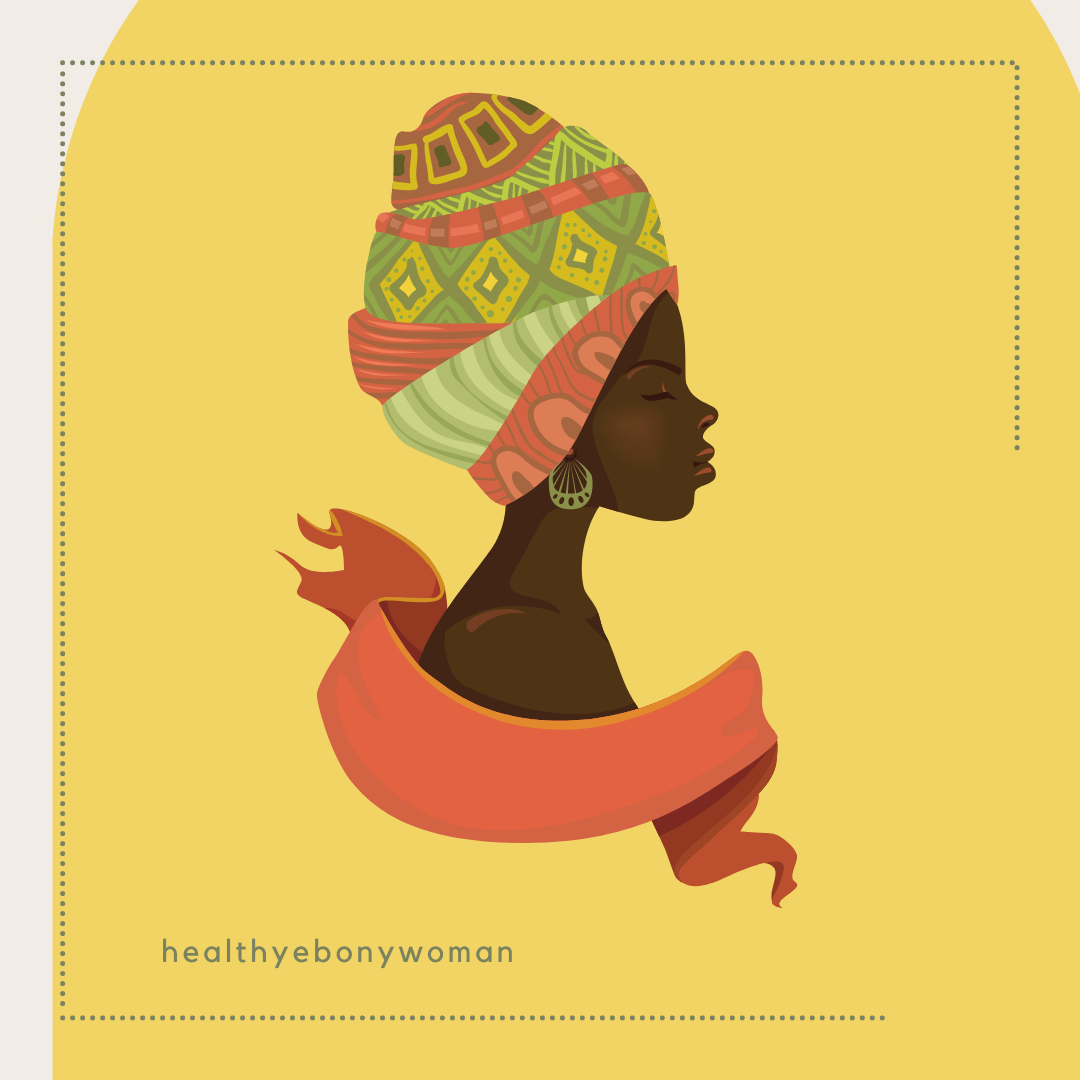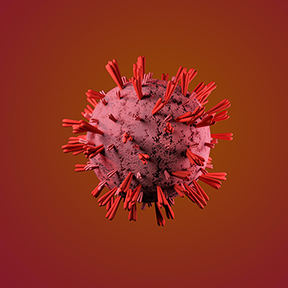During a typical day in the Women’s Health Clinic, I saw a lovely, petite lady for a procedure. It took every ounce of my professional expertise to maintain my composure. It was a case of stage 4 female genital mutilation / cutting (FGM/C). My heart screamed at such brutality, injustice, and hurt done to this young lady. The consequences of which she would live with for the rest of her life. This is one of two major encounters I had with FGM in my clinical practise.
In a conversation held on the @healthyebonywoman Instagram platform, a lady said it would be interesting to know the impact of female genital mutilation on the high mortality rate of black women during childbirth. It is a fascinating topic to explore, although controversial.
It is worth mentioning the brilliant work some women are doing to create awareness and drive a change in policies on female genital mutilation in the United Kingdom.
Earlier this month, Sabrina Elba supported the Vavengers, a charity in London, at their presentation of healthcare inequalities report on the female genital mutilation to the chief nursing officer for England in the House of Lords.
Their advocacy is to make it easier for healthcare professionals to speak with women about female genital mutilation; offer reconstruction surgeries and mental support to young women and girls who had undergone FGM.
Hoda Ali, a co-founder of the Vavenger’s Charity, was just seven years old when she was “cut” in her home country, Somalia.
In this blog post, I will carefully and sensitively present a balanced discussion on the impact of FGM.
Table of Contents
What is FGM
Female genital mutilation (FGM) procedure involves the partial or total removal of the external female genitalia of young girls, as little as 6 year olds. This is achieved by:
- The partial or complete removal of the clitoris to narrow the vaginal opening.
- Cutting, repositioning, and stitching together the labia minora or labia majora to create a seal.
According to WHO, more than 200 million girls and women alive have undergone cutting across a total of 30 countries in Africa, the Middle East and Asia.
FGM is performed by local midwives or those called circumcisers and sadly, this is done to young girls as little as from the age of 6–12 years.
How It All Started
The history of FGM dates back over 2000 years. Despite an unclear understanding of the actual origin, excavations of Egyptian graves showed evidence of infibulation (cutting) in some Egyptian mummies. In Africa, it could have originated from the ancient Egyptians and subsequently introduced to other countries by Arab slave traders and settlers.
In the 17th century, in some parts of Africa, young women slaves were cut and closed back up to prevent them from getting pregnant, thereby increasing their value in the slave market.
FGM/cutting is prevalent in cultures with strong patriarchal structures, primarily to control women, limit their sexual feelings, and make them eligible for marriage. They believe that it ensures a woman’s fidelity, virginity before marriage, and loyalty during the marriage. Regardless of all these, it is wrong, and causes harm!
It is interesting to note that a Westernized form of FGM, clitoridectomy, was practised in Europe and the United States during the 19th century. This was mostly by medical professionals to put a check on female sexuality, minimise masturbation, especially for those with epilepsy (this was thought to trigger seizures). As a form of contraception and allowing women to perform their wifely duties. The practice was banned by the United Nations in 2012.
How FGM Affects Childbirth?
The immediate consequences of cutting include:
- Severe pain
- Bleeding
- Infection
- Possible death
Long-term effects include, chronic period and pelvic pain. An FGM survivor said,“ my period began accumulating in my uterus, because it had nowhere to come out”.
That is not all! They additionally experience:
- Painful sexual intercourse.
- Leaking urine
- Repeated urinary tract infections.
Some women are unable to conceive and if they do, there are complications of childbirth such as obstructed labour as the vagina opening is sealed with a very narrow opening; stillbirths, severe tears, infection, and excessive bleeding after birth.

Psychological Impact Of FGM
It is important to look at the mental repercussions for the women. As well as the immense emotional pain, feelings of being traumatised and disempowered:
- Poor coping strategies.
- Post traumatic disorder.
- Anxiety and depression.
- Selective memory loss around the cutting.
- Feeling incomplete, fear and sense of inferiority.
The list is inexhaustible
First Hand Stories
A few women who have undergone FGM shared their harrowing, hard to hear, experiences in the hope of shedding light on this shrouded-in-secret practise. The following are just a few statements kindly shared by some women:
“ I didn’t know anything about it. I was still very young, about ten-years-old, when this was done to me. I was told we were going back to Africa to do some prayers and was reassured everything would be fine, except that it wasn’t”!
“We learnt how to use the scalpel blades on dolls’ heads before we practised on real human beings. It hit me so hard the first time I cut someone, felt their blood on my hands, that this is a human being”!
“Female genital mutilation took away my childhood because of being hospitalised all the time. It denied me being a mother, I can’t have my own child”, said Hoda Ali
The Challenges of FGM
Female genital mutilation is recognised globally as an act of human right violation, female discrimination and a reflection of inequality between sexes, there is absolutely no health benefit from it. However, in some communities in the United Kingdom, FGM is being practised illegally to ensure girls are kept grounded in their culture while away from their parents’ homeland.

Some parents’ primary intention is mostly that of love and protection. However, what does not help is how FGM is deeply rooted in their culture. This has made it increasingly challenging to educate parents that this strong, long-lived practice has no root in love, hence absolutely harmful to girls and women. WHO has made it undisputedly clear that this is a harmful act.
It is embedded in many cultures for thousands of years across numerous societies and countries. It is, therefore, imperative for us to be acutely aware of the powerful pull of this cultural practice, even in the 21st century.
You will be surprised how close to home this can be for many women. What can you and I do to bring a stop to it?
Are you at risk of FGM, or do you know someone who has had or is at risk of FGM? Then you can safely and confidentially apply for Female Genital Mutilation Protection Order. You can speak privately with your healthcare professional. There are indeed lots of support available.
Don’t forget to subscribe to the newsletter here. Remain amazing
Yemisi x


